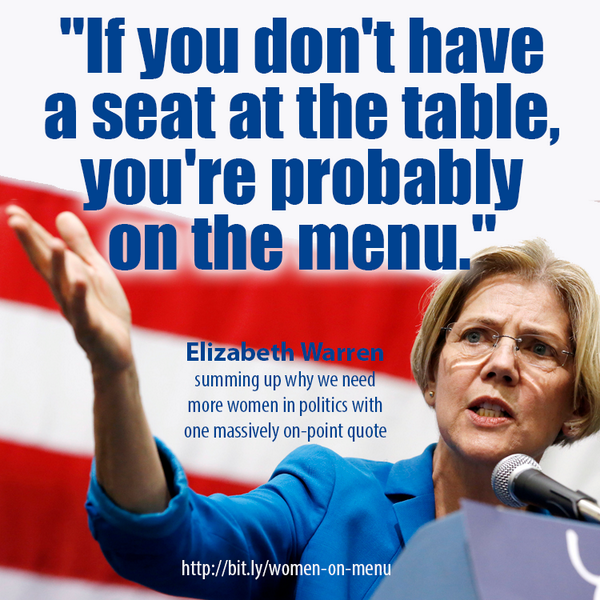
Senator Warren On "The Tilted Proces" Of Pacific Trade Bill
NPR
http://www.npr.org/blogs/itsallpolitics/2015/05/12/405950630/sen-warren-on-the-tilted-process-of-asia-trade-bill
Trans-Pacific Partnership
Wikipedia
Democrats think they have the votes to stop the bill. "Obama will need roughly 10 Democrats to join about 50 Republicans to clear a 60-vote hurdle on a filibuster vote Tuesday afternoon to move forward with the fast-track legislation. ... The debate has turned increasingly heated between Obama and his normally supportive base of anti-Wall Street progressives, particularly Sen. Elizabeth Warren (D-Mass.)."Paul Kane in The Washington Post.
Hillary Rodham Clinton has all but abandoned the negotiations she started. "With Obama making a desperate final push to complete that 12-nation pact, his former partner and most effective global advocate for the deal has gone quiet. ... Clinton’s silence on trade, coming at the worst possible time for Obama, dovetails with her transformation into a presidential candidate eager to align herself more squarely with the liberal wing of her party." David Nakamura in The Washington Post.
Why did Obama go to Oregon over the weekend to make his case? "Oregon, with its boom in new-economy jobs, has come to occupy a special role in the debate about the benefits and perils of free trade. The state is deeply blue; six of its seven members in Congress are Democrats. And while fewer than 20 House Democrats currently support the fast-track legislation, three of them are from Oregon. 'We’re the face of the opportunity to grow more good-paying jobs,' said Sen. Ron Wyden (D), who has represented the state in the Senate since 1996 and is one of the chief proponents of the trade deal. ... The future of the American economy, in other words, can be seen in Oregon. Where the early-1990s debate over the North American Free Trade Agreement centered on Rust Belt manufacturing jobs, trade proponents this time are trying to steer the argument away from big industry. Instead, they are highlighting agricultural exporters and niche manufacturers." Mike DeBonis in The Washington Post.
No comments:
Post a Comment